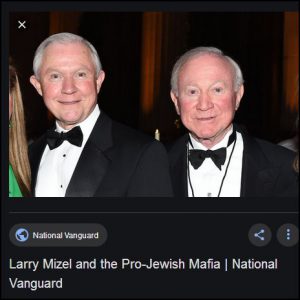14% of Illinois Counties Have More Voters Than Citizens of Legal Voting Age
14% of Illinois Counties Have More Voters Than Citizens of Legal Voting Age | Judicial Watch
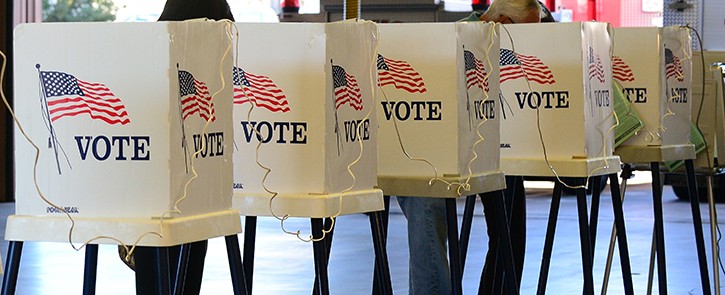
From CatholicVote:
CV NEWS FEED // There are more registered voters than citizens of legal voting age in several Illinois counties, a government watchdog group just found.
On August 6, Judicial Watch, a conservative organization that promotes integrity in government affairs, released the results of a study of voter records which found that 14% of Illinois’ counties have more voters than citizens of legal voting age. In addition, the entire state has close to 800,000 inactive voters still registered, indicating that the counties are failing to keep accurate voter records in accordance with federal law.
The group found that counties in Illinois are neglecting to maintain their voter records as required by federal law after a lawsuit against the state made registered voter records public.

on
CV NEWS FEED // There are more registered voters than citizens of legal voting age in several Illinois counties, a government watchdog group just found.
On August 6, Judicial Watch, a conservative organization that promotes integrity in government affairs, released the results of a study of voter records which found that 14% of Illinois’ counties have more voters than citizens of legal voting age. In addition, the entire state has close to 800,000 inactive voters still registered, indicating that the counties are failing to keep accurate voter records in accordance with federal law.
The group found that counties in Illinois are neglecting to maintain their voter records as required by federal law after a lawsuit against the state made registered voter records public.
Robert Popper, a spokesman for Judicial Watch, told CatholicVote that the National Voter Registration Act of 1993 made a deal between states and the federal government. In return for increased access to voter registration, such as the ability to register at the Department of Motor Vehicles or various public offices, the states were required to maintain their voter lists carefully to ensure accuracy.
According to Tom Fitton, president of Judicial Watch, a portion of those 800,000 names shouldn’t be on the voter list if the state cleans the records the way that federal law requires.
Popper said that because the removal of inactive voters is a long, expensive process, states are less willing to maintain the lists. Under the NVRA, the state has to send letters to registered voters who didn’t vote in the last election, asking them to confirm a move to another state or a different reason for not voting. When voters don’t respond, the state must wait for two general federal elections before taking action, Popper explained.
“If they don’t vote in that time or contact the authorities, then they’re removed,” he told CatholicVote. “But the process can take two to four years.”
Popper said that the higher number of registered voters than citizens over 18 in Illinois indicates that Illinois isn’t cleaning voter records as required. It doesn’t confirm voter fraud, though it provides the opportunity for fraud and errors, according to Popper.
Judicial Watch obtained Illinois’ voter records in July after a lawsuit against the state on behalf of the Illinois Conservative Union. Illinois refused the union’s request for a copy of the voter records under its NVRA rights.
The lawsuit was settled with a ruling that Illinois violated the NVRA, which requires that all states “shall make available for public inspection and, where available, photocopying at a reasonable cost, all records concerning the implementation of programs and activities conducted for the purpose of ensuring the accuracy and currency of official lists of eligible voters.”
Popper said Illinois had instead required the members of the union to drive to Springfield, where the records are kept, and review them there.
“They said that ‘you can view the voter rolls one at a time’ (that’s out of millions of records) in the office in Springfield. They said, ‘you can’t copy the records and you can’t organize them.’ That’s like requiring them to wear blindfolds or hold their breath,” Popper said.
Judicial Watch said that Illinois’ unlawful restrictions on the union and voter records made “a mockery” of federal law.



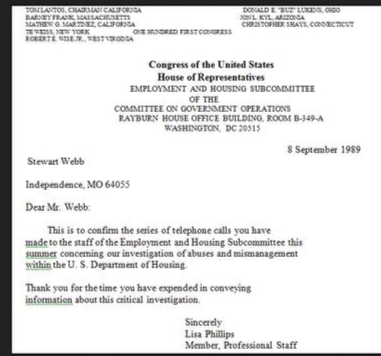
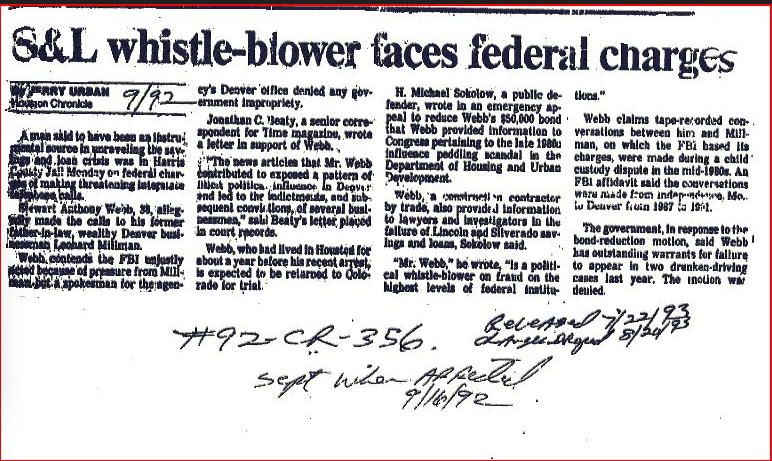
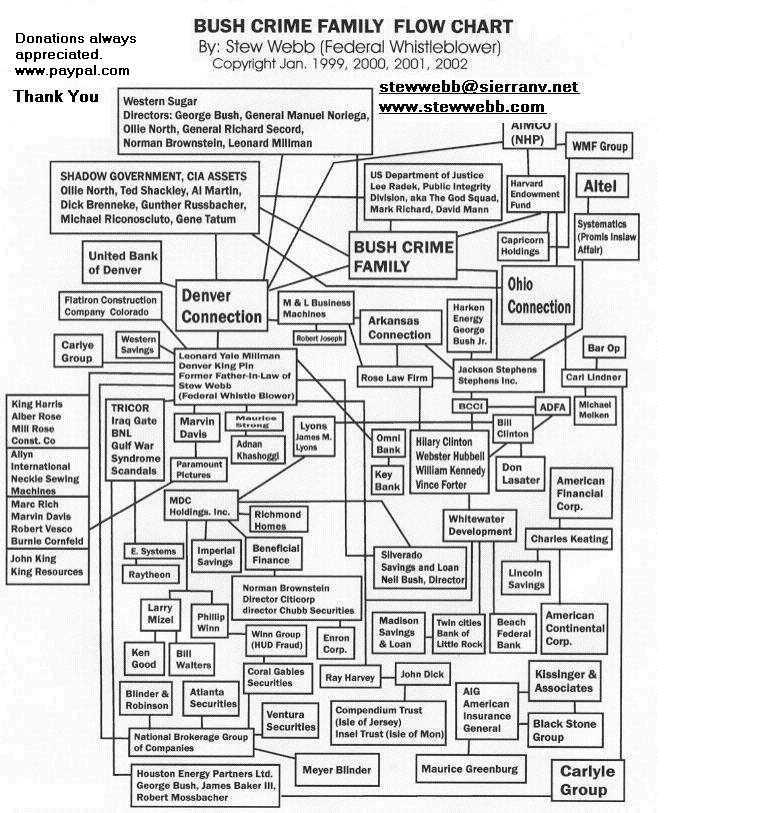
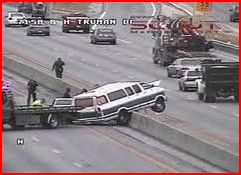
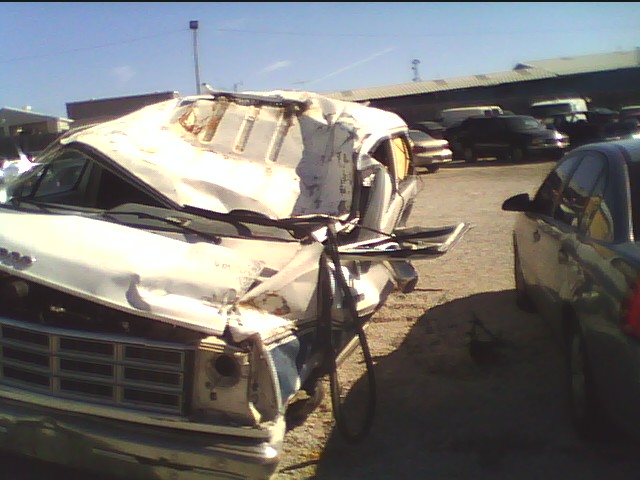


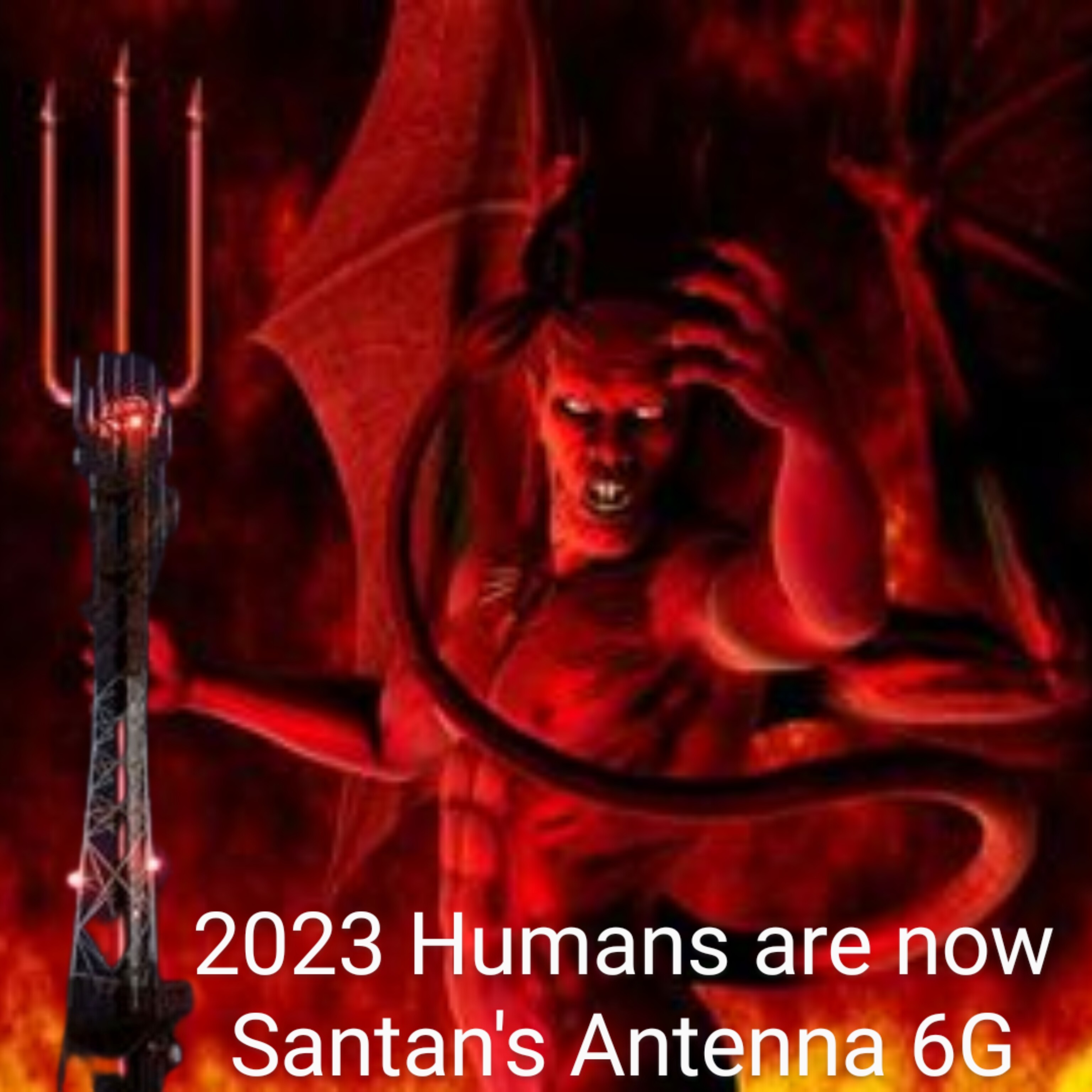
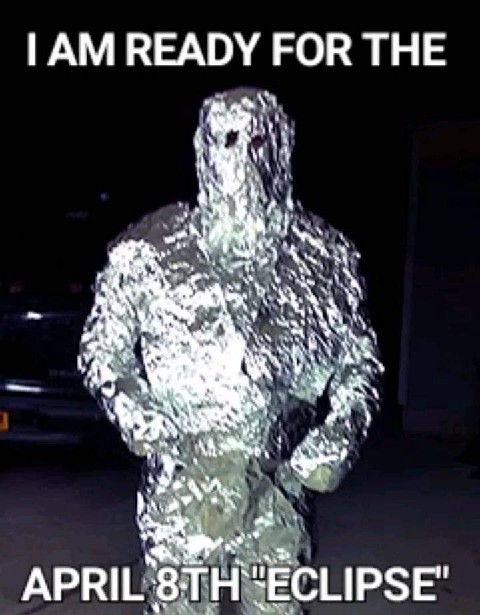
.jpg)
